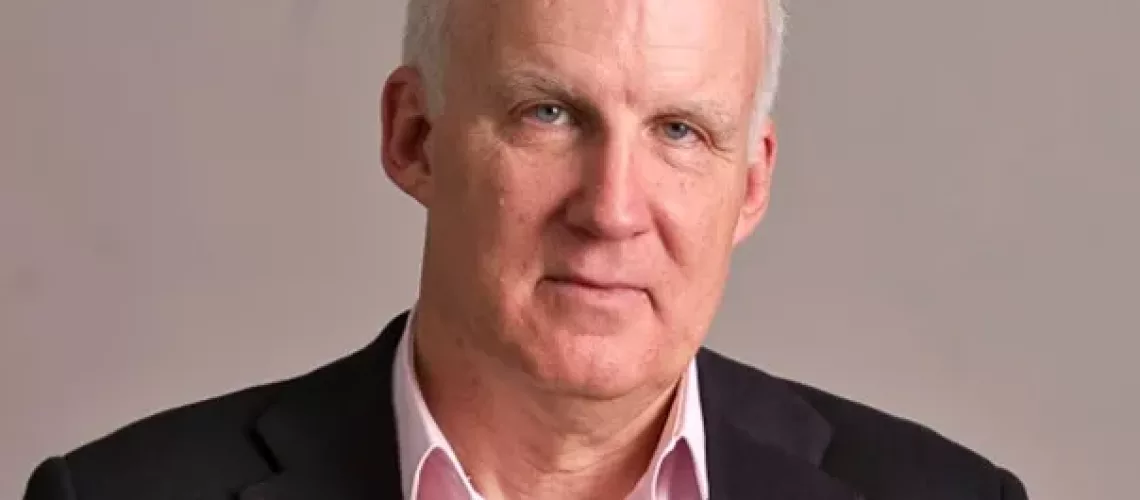The Schlumberger family’s wealth management firm, Clerville Investment Management, is shifting its focus from London to the European Union. Bertrand Coste, a French financier and head of Clerville, sees greater business opportunities in the EU, particularly after Brexit made it harder to serve European clients from the UK. Coste is relocating to Luxembourg and splitting his time between there, France, and Switzerland, while Clerville has opened a Paris office to maintain its access to the EU’s financial market.
The Schlumberger family, known for its pioneering oil services business dating back to the 1920s, has a legacy of taking bold financial and geographical risks. Over the years, they have navigated historical upheavals, from Stalin’s purges to Nazi invasions, adjusting their investments and operations to thrive in challenging environments.
Clerville, which Coste founded to manage the Schlumberger family’s assets, oversees €1.2 billion, primarily for the Schlumbergers, along with other families and individual clients. The firm specializes in structured credit, a less glamorous but highly effective investment area for Coste, who employs a team of experts with backgrounds in derivatives and asset-backed lending. Unlike traditional banks, Clerville avoids the sales-driven approach, focusing instead on in-depth financial analysis.
Coste acknowledges challenges in finding successors within his family due to younger generations’ greater interest in technology over finance. He also notes the rise of Luxembourg as a hub for managing EU-focused investments, with its regulatory framework attracting family offices looking to move operations out of the UK.
A venture into Ukraine in the late 1990s saw Clerville invest directly in a garment factory, producing coats for Hugo Boss before market conditions forced its closure. Coste reflects on the lessons of working in emerging markets, emphasizing the importance of partnerships and navigating local challenges.
As Coste bids farewell to London after two decades, he remains optimistic about the future, citing Clerville’s adaptability and the opportunities in a changing global financial landscape.




